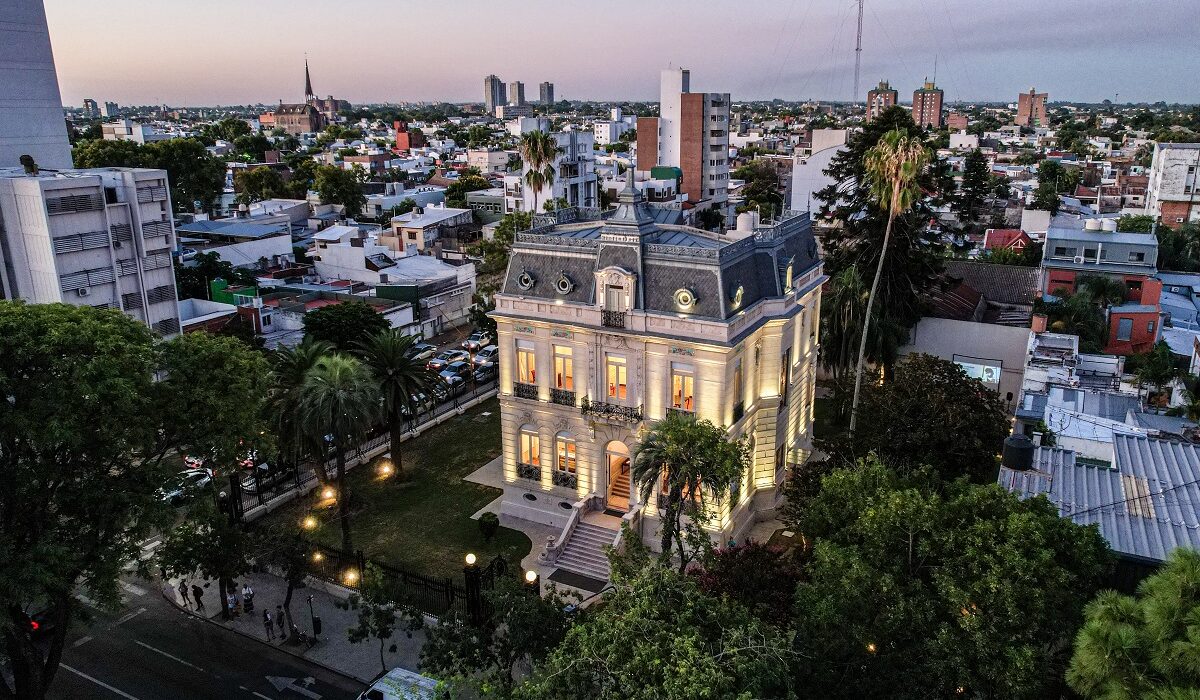Bernardo Vázquez delves into the intricate world of gubernatorial challenges against President Javier Milei. It has been 19 months since Milei assumed office, yet he has not set foot in key Argentine provinces vital to the country’s economy. Governors across the nation express a mix of disbelief and resignation at this glaring absence of attention. The discontent is palpable as they yearn for greater support and resources.
A recent event in Chaco exemplifies the strained relationship between the Presidential Palace and regional leaders. During his visit, President Milei addressed a crowd at an evangelical church, barely engaging with Leandro Zdero, the local governor and his past ally in provincial elections. This lack of meaningful interaction underscores the growing rift between the Rosada (the Executive Mansion) and provincial governors.
Tensions escalated further when two bills were introduced by provinces seeking increased funds from the central government. These legislative moves not only signal a demand for more resources but also pose a direct challenge to Milei’s frequent use of veto power to maintain fiscal equilibrium. The governors understand their leverage in both houses of Congress, particularly concerning issues like trust fund elimination and fairer distribution of fuel tax revenues.
The need for a harmonious relationship with the federal government is evident among most governors who fear being targeted by Milei’s accusations of jeopardizing public finances restructuring efforts. However, there is an underlying sense of financial suffocation stemming from official fund withholding over the past year and a half.
As tensions peaked during a recent meeting where governors convened independently after discussions with Carlos Guberman, Secretary of Finance led to jointly drafting legislative proposals aimed at securing more financial autonomy.
In response to governmental concerns about fiscal implications, provincial sources emphasize that their requests have minimal impact on national finances as these funds primarily belong to provinces already. Detailed breakdowns reveal substantial amounts earmarked for various programs under scrutiny.
Another point of contention lies in interactions between governors and economic representatives. Minister Luis Caputo delegated negotiation duties to Carlos Guberman, formerly associated with PRO during Macri’s administration – a move met with skepticism due to perceived lackluster communication channels.
Election dynamics within each province also weigh heavily on intergovernmental relations as constant challenges from Nación (the federal government) strain ties further. The evolving landscape sets the stage for ongoing disputes amid shifting alliances and political currents playing out across Argentina.
In this intricate dance between state and federal powers lies a delicate balancing act that could shape Argentina’s political landscape for years to come.

